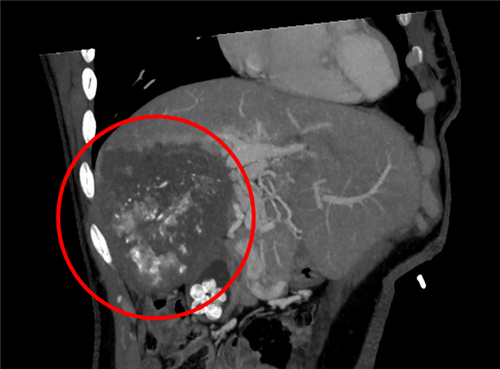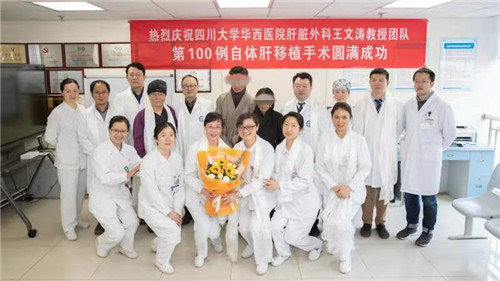
Recently, Prof. Wang Wentao’s team in West China Hospital’s Department of Hepatic Surgery completed the 100th case of ex vivo liver resection and auto-transplantation (ERAT) in treating end-stage complicated hepatic alveolar echinococcosis (HAE). According to literature retrieval, Prof. Wang Wentao’s team currently ranks the top first globally in the number of cases completed, with the relevant indicators of surgical safety and prognosis reaching the world’s leading level.

ERAT is primarily used to remove some sophisticated liver tumors beyond the reach of conventional hepatectomy, such as hepatocellular carcinoma or hilar cholangiocarcinoma that invades inferior vena cava or hepato-caval confluence. The operation includes three major steps: 1. dissection and procurement of the impaired liver; 2.ex vivo hepatectomy combined with individualized conduits repairing procedures; 3. residual liver replantation and conduits reconstruction. Such technologies as living donor liver transplantation, split liver transplantation, in situ hypothermic perfusion and hemodynamics maintenance are used to avoid the risk of bleeding during the complex hepatectomy and liver ischemia caused by vascular occlusion. ERAT technology involves many cutting-edge surgical technologies that only a few medical centers and teams in the world have the ability to carry out such “highly complicated liver surgical technologies.”
